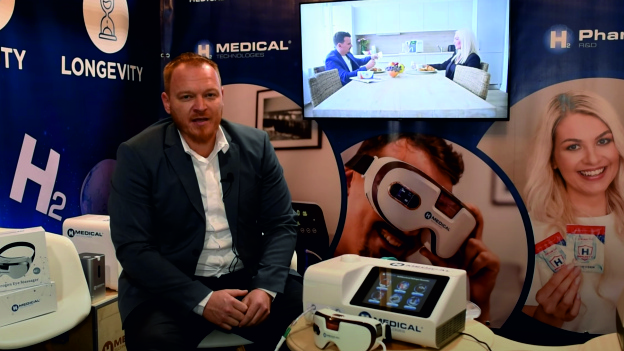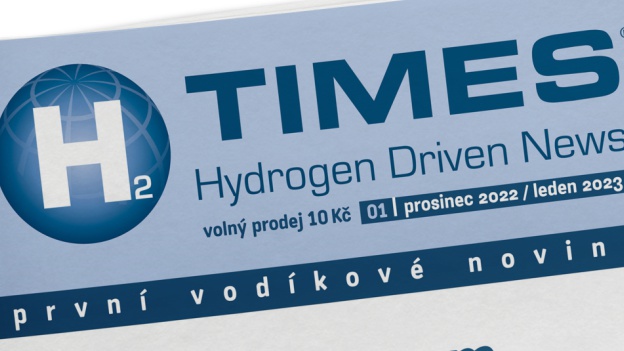Hydrogen is the basic building block of the universe and all life. It makes up almost 75% of all the matter in the universe. Yet it is only in the 20th and 21st centuries that people are beginning to discover the completely unique ways in which it can be used. In many areas of human activity. For example, it was hydrogen fuel cells that were behind the success of the Apollo spacecraft flight to the Moon.
The simplest and lightest chemical element was discovered in 1776 by the Englishman Henry Cavendish. For many years, however, hydrogen received little attention from science and research. Primarily because industry was using cheap fossil fuels. And also because no one at the time "dreamed" what hydrogen could do.

This has now completely reversed – hydrogen is fundamentally changing the way people approach energy, transport, medicine, cosmetics, industry... Hydrogen is used, for example, in the production of pharmaceutical and chemical products, in the electronics industry, in the hydrogenation of oils and fats... Hydrogen is also used as a refrigerant for alternators in power stations.
Hydrogen as an energy source is the future of transport and energy. Its applications are wide-ranging. For example: hydrogen is capable of powering aircraft (Airbus chief Guillaume Faury said this February that he sees the future of civil aviation in hydrogen alone, literally: "This is really the final solution"), it is also capable of powering space ships, trains or cars (the most famous hydrogen cars are the production Toyota Mirai or the test cars Mazda RX-8 Hydrogen or BMW Hydrogen 7).
Hydrogen is also becoming an increasingly popular energy alternative where fossil fuel sources are less readily available - for example on the island of Shapinsay in the north of Scotland. The island has built its own electrolysis plant to produce hydrogen, which provides heat for a local school, powers several cars and will soon power some ferries.
But hydrogen is also changing the whole field of human health and beauty care. This is thanks to the Japanese discovery of the beneficial effects of molecular hydrogen – which, as the most effective antioxidant, can penetrate human cells extremely quickly, even into brain tissue. Molecular hydrogen is therefore proving to be a vital factor in improving human health, longevity and physical beauty.
Petr Hušek
Photo: Dreamstime / Kevin Garret - space / Matthieu Van Den Berk - Apollo landing






























